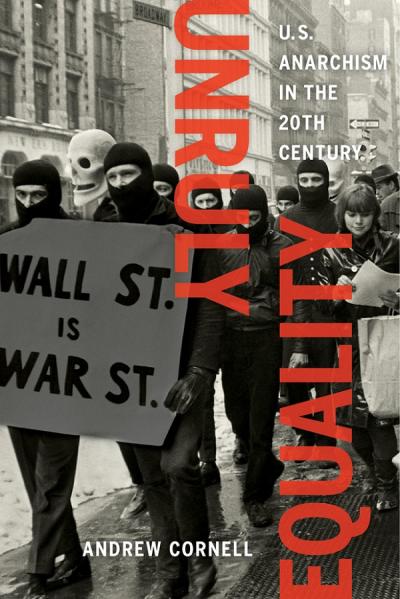3 views

In recent years anarchists have played prominent and controversial roles in radical social movements, domestically and internationally. Yet discussing the strengths and weaknesses of contemporary anarchism, in relation to other sectors of the Left, has proven challenging. The very terms anarchy, anarchism, and anarchist are so overcoded with meanings and burdened by associations that people frequently talk past one another, or resort to awkward attempts at humor, even when attempting to discuss them in good faith.
Since the eighteenth century, at least, the word anarchy has signified a condition of chaos, disorder, and personal vulnerability owing to the absence of a center of power capable of enforcing rules; it is still frequently used in this way today. In 1840, however, a French radical named Pierre-Joseph Proudhon reclaimed the term anarchy in a fashion similar to the ways in which the word queer and certain racial slurs have, in recent decades, been adopted and given positive connotations by the groups of people they were meant to denigrate. Proudhon argued that under conditions of profound economic inequality, such as those that reigned in industrializing Europe, the primary role of political states was to legitimate and defend the wealth of a minority. It was this joint exercise of economic and military power that actually made the poor vulnerable (to hunger, disease, beatings) and ensured society would remain chaotically ridden with conflict. He had faith that people could live harmoniously if state coercion and the lopsided distribution of resources was done away with, famously declaring, "Liberty is not the daughter but the mother of order."
Read the rest at Toward Freedom
Go to the GEO front page

Add new comment